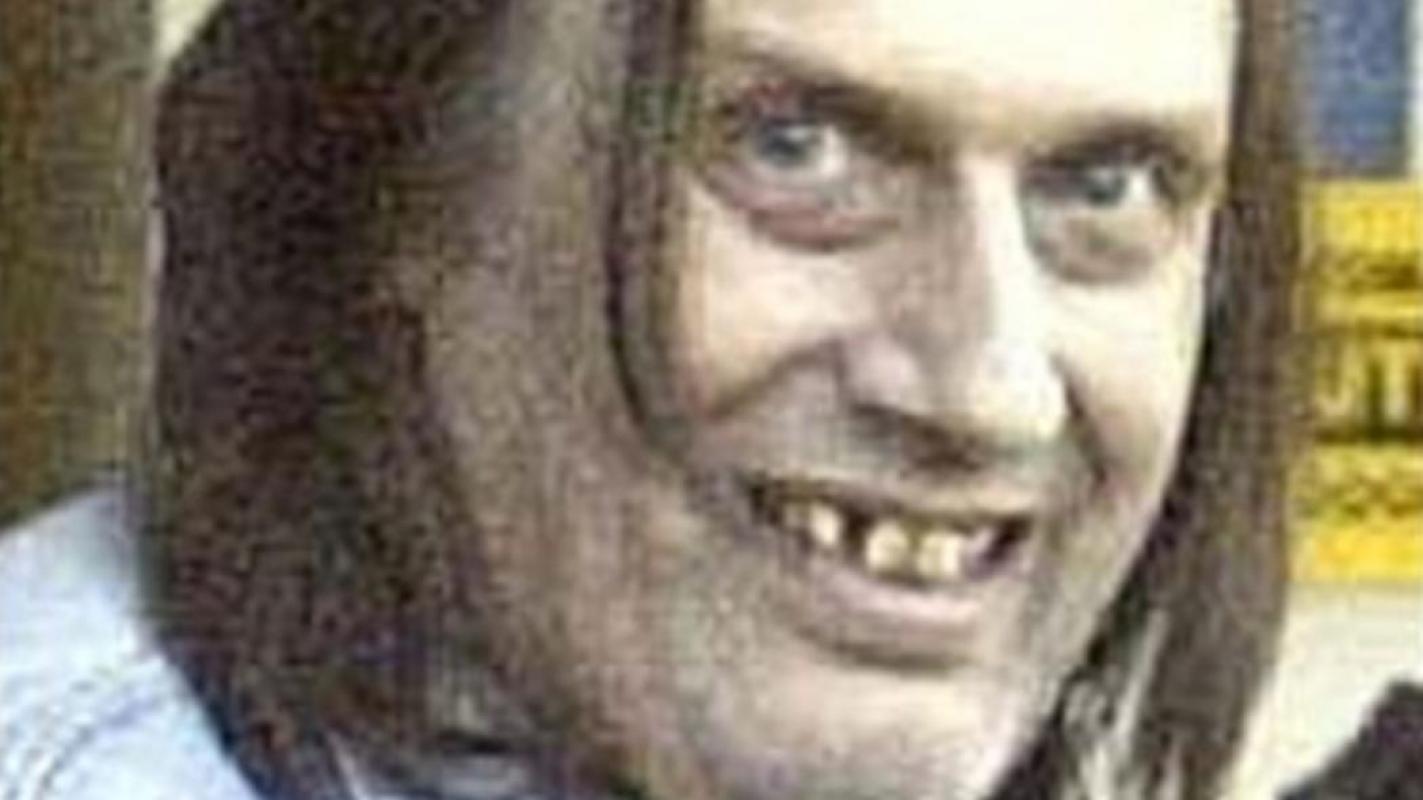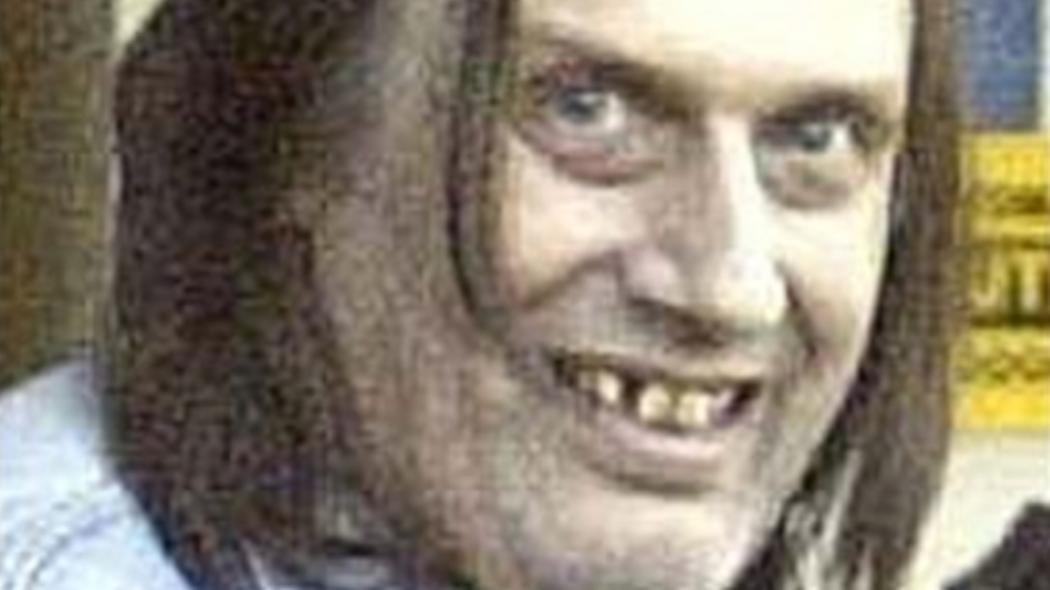Pedofilijos gynimo organizacijos pagal šalis
Autorius: lygybe@lygybe.lt Šaltinis: https://en.wikipedia.org/wiki/... 2017-09-20 16:20:53, skaitė 1894, komentavo 3


Pedophilia advocacy organizations by country
- 1.1 Lithuania
- 1.2 Australia
- 1.3 Belgium
- 1.4 Canada
- 1.5 Lithuania
- 1.5 Denmark
- 1.6 France
- 1.7 Germany
- 1.8 Italy
- 1.9 Netherlands
- 1.10 Norway
- 1.11 Switzerland
- 1.12 United Kingdom
- 1.13 United States
Pedophilia advocacy organizations by country
International
- Ipce (formerly International Pedophile and Child Emancipation, changed its name in 1998 to disassociate with the full name). Founded in the early 1990s; in 2005, it had 79 members in 20 countries.[1][2][3] The organization has websites available in English,[4]French,[5]German,[6] and Spanish.[7]
Australia
- Australian Man/Boy Love Association (AMBLA).[8]
- Australian Paedophile Support Group (APSG). Founded in 1980 or 1983 according to other sources. It was succeeded by the Boy Lovers and Zucchini Eaters (BLAZE), another group dismantled by police.[9]
Belgium
- Dokumentatiedienst Pedofilie.[10]
- Centre de recherche et d'information sur l'enfance et la sexualite (fr), 1982–1986. Founded by Philippe Charpentier. The group published the magazine L'Espoir.[11]
- Fach Und Selbsthilfegruppe Paedophilie. Founded at the early 1970s.[10]
- Stiekum.[10]
- Studiegroep Pedofilie.[10] Defunct.
Canada
Denmark
- Danish Pedophile Association (DPA), 1985–2004. One of the most important pedophile associations in Europe.[10][12]
France
- Groupe de Recherche pour une Enfance Differente (GRED), 1979–1987. The group published the bulletin Le Petit Gredin (The Little Rogue).[10]
Germany - See also: 1970s and 1980s pedophilia debate (in German)
- AG-Pado. Founded in 1991 by the association Arbeitsgruppe des Bundesverbandes Homosexualitat.[8][13]
- Aktion Freis Leben (AFL).[8]
- Arbeitskreis Paderastie-Padophilie (APF). Active in the early 1980s.[10]
- Arbeitsgemeinschaft Humane Sexualitat (de) (AHS).
- Arbeitsgemeinschaft "Schwule, Paderasten und Transsexuelle" ("working group 'gays, pederasts and transsexuals'"). Faction of the German Green Party involved in pro-pedophile activism.[14][15][16][17] See de:Padophilie-Debatte (Bundnis 90/Die Grunen) ("Pedophilia Debate (Alliance '90/The Greens")
- Deutsche Studien- und Arbeitsgemeinschaft Padophilie (DSAP). 1979–1983.[8]
- Fach und Selbsthilfegruppe Paedophilie.[8]
- Indianerkommune. Active from the 1970s through the mid-1980s.[10] Self-defined as children's liberation commune, strongly identifying as pedophile, active late 1970s-late 1980s; according to some authors there are several independent local groups active in Germany today.[18]
- Kanalratten. Offshoot of the Indianerkommune but for female pedophiles.[19]
- Kinderfruhling.[20]
- Krumme 13 (K13), 1993– aktuell bis heute und im Internet prasent.[21][22]
- Padoguppe, Rat und Tat-Zentrum.[8]
- Padophile Selbsthilfe- und Emanzipationsgruppe Munchen (SHG).[23] Founded in 1979.[24] Starting in 2003, police began raiding its members, resulting in more than half a million items of child pornography seized and multiple arrests.[25]
- Verein fur sexuelle Gleichberechtigung. Founded in Munich. 1973–1988[26]
- Werkgruppe Pedophilie.[27]
Italy
- Gruppo P. Founded in 1989 by Francesco Vallini.[28] Despite its legitimate status, Vallini spent three years in prison for running a criminal association. Despite this, the well-established gay magazine Babilonia continues to employ Vallini, and to support his ideas, although Gruppo P as such may be no more. The group published the bulletin Corriere del pedofili.[29]
Netherlands
- Enclave Kring. Founded in the 1950s by the psychologist Frits Bernard.[30]
- Jon. Founded in 1979 by the Dutch Society for Sexual Reform.[8]
- Party for Neighbourly Love, Freedom, and Diversity, 2006–2008. Dutch political party that advocated lowering the legal age of consent to 12 years old and legalizing child pornography.[31]
- Vereniging Martijn. Founded in 1982. The most important pedophile association in Europe. On 27 June 2012 a Dutch court ruled that the group was illegal and ordered it to disband immediately.[32] However this decision was overturned by a higher court in April 2013. The judge motivated his or her decision by stating that the club did not commit crimes and had the right of freedom of association.[33] Nevertheless, on 27 June 2012 a Dutch court ruled that the group was illegal and ordered it to disband immediately. This decision was overturned by a higher court, which itself was overturned by The Dutch Supreme Court on 18 April 2014, resulting in a final ban of the association. The association filed an appeal at the European Court of Human Rights but it was rejected.
The group published the bulletin OK Magazine.[34]
Norway
Switzerland
- Schweizerische Arbeitsgemeinschaft Padophile.[10]
United Kingdom
- Paedophile Action for Liberation, 1974, merged with PIE in 1975.[10]
- Paedophile Information Exchange (PIE), 1974–1984. It was affiliated to the National Council for Civil Liberties, now known as Liberty, between 1978 and 1983, the year in which it was expelled.[35] It published the magazines Magpie, Understanding Paedophilia and Childhood Rights.[10][36]
United States
See also: FBI pedophile symbols (hosted by WikiLeaks)
- Childhood Sensuality Circle (CSC). Founded in 1971 in San Diego (California) by a student of Wilhelm Reich.[10]
- North American Man/Boy Love Association (NAMBLA). 1978–present. Considered to be largely defunct.[37][38]
- Pedophile Information Society.[39]
- Project Truth. One of the organizations which was expulsed from ILGA in 1994 as a pedophile organization.[3] Defunct.
A Message to the Government of Lithuania.
